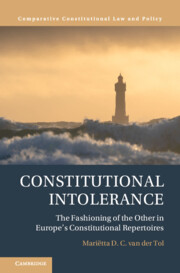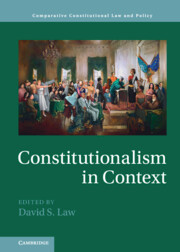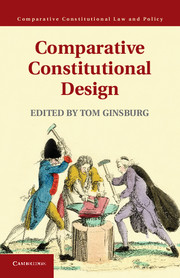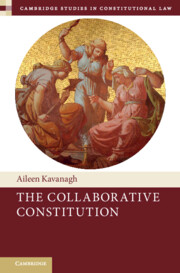Constitutional Intolerance
Constitutional Intolerance offers a deeper reflection on intolerance in politics and society today, explaining why minorities face the contestation of their public visibility, and how the law could protect them. Van der Tol refers to historical practices of toleration, distilling from it the category of 'the other' to the political community, whose presence, representation, and visibility is not self-evident and is often subject to regulation. The book considers 'the other' in the context of modern constitutions, with reference to (ethno)religious, ethnic, and sexual groups. Theoretical chapters engage questions about the time and temporality of otherness, and their ambivalent relationship with (public) space. It offers examples from across the liberal-illiberal divide: France, the Netherlands, Hungary, and Poland. It highlights that vulnerability towards intolerance is inscribed in the structures of the law, and is not merely inherent to either liberalism or illiberalism, as is often inferred.
- Documents examples of the abuse of constitutional law towards minorities in Europe
- Demonstrates that intolerance is not just about political ideology but also the quality of constitutional law
- Offers a theoretical reflection of tolerance in the context of constitutions and constitutional law
Product details
January 2025Adobe eBook Reader
9781009473934
0 pages
This ISBN is for an eBook version which is distributed on our behalf by a third party.
Table of Contents
- 1. What is constitutional intolerance?
- 2. Governing religious difference: toleration as legal practice
- 3. Toleration, time and the other
- 4. National identity, publicness, and public space
- 5. Dynamic interpretation of constitutional concepts: laïcité in France
- 6. Ad-libitum use of constitutional concepts: public order in the Netherlands
- 7. Constitutional identity as a political instrument: new fundamental law in Hungary
- 8. Pseudo-constitutional repertoires: the 'LGBT-free zones' in Poland
- 9. Conclusion: constitutional intolerance in context
- Bibliography.







.jpg)
